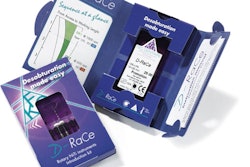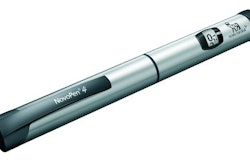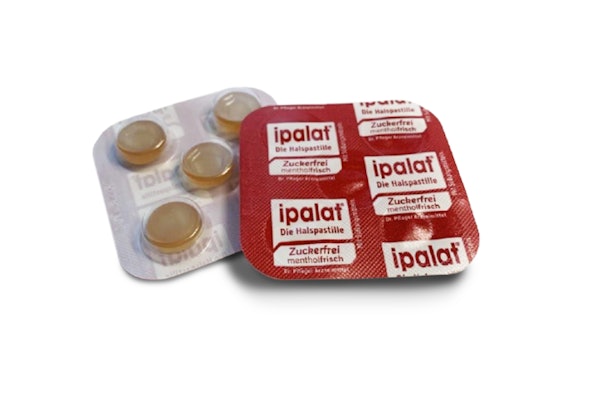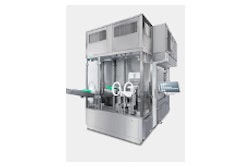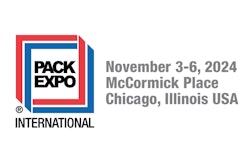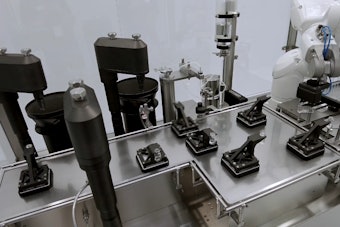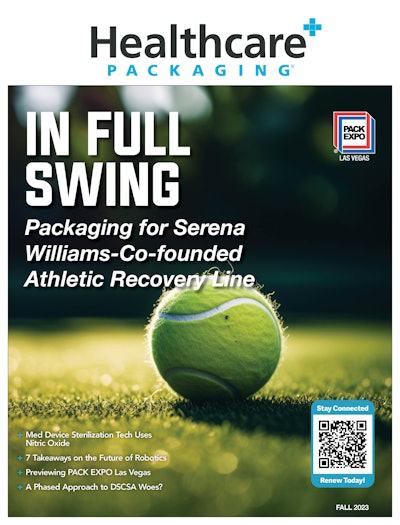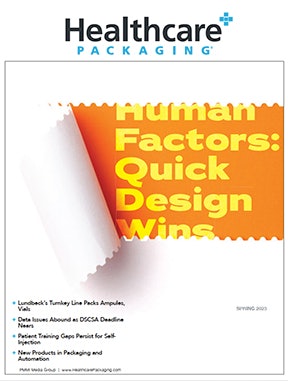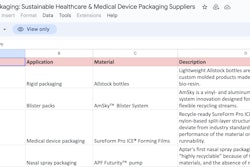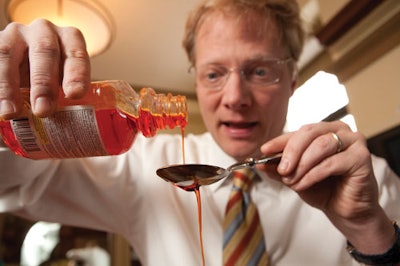
Similar study results go back as far as 1975, according to a report in The Journal of Family Practice.
Cornell's study says, “The researchers found that the students were underdosed by more than 8 percent when using medium-size spoons and overdosed by an average of almost 12 percent—but up to 20 percent more—when using larger spoons. Yet, participants were confident that they had poured correct doses in all the test cases.”
Notes consumer behavior expert Brian Wansink, who led the study, “Although these educated participants had poured in a well-lit room after a practice pour, they were unaware of their biases.”
What struck this editor was not that my “one-teaspoon” measurement might be slightly inaccurate, but that over the course of the prescription, the over- or under-dosing amount could have a detrimental impact on the success of a patients's treatment.
Cornell's report says, “Since a medicine's efficacy is often linked to its dose, consumers should use a measuring cap, dosing spoon, measuring dropper, or a dosing syringe rather than assume they can rely on their pouring experience and estimation abilities with tablespoons,” concludes Wansink.
—Jim Butschli, Editor
Cornell's study says, “The researchers found that the students were underdosed by more than 8 percent when using medium-size spoons and overdosed by an average of almost 12 percent—but up to 20 percent more—when using larger spoons. Yet, participants were confident that they had poured correct doses in all the test cases.”
Notes consumer behavior expert Brian Wansink, who led the study, “Although these educated participants had poured in a well-lit room after a practice pour, they were unaware of their biases.”
What struck this editor was not that my “one-teaspoon” measurement might be slightly inaccurate, but that over the course of the prescription, the over- or under-dosing amount could have a detrimental impact on the success of a patients's treatment.
Cornell's report says, “Since a medicine's efficacy is often linked to its dose, consumers should use a measuring cap, dosing spoon, measuring dropper, or a dosing syringe rather than assume they can rely on their pouring experience and estimation abilities with tablespoons,” concludes Wansink.
—Jim Butschli, Editor
